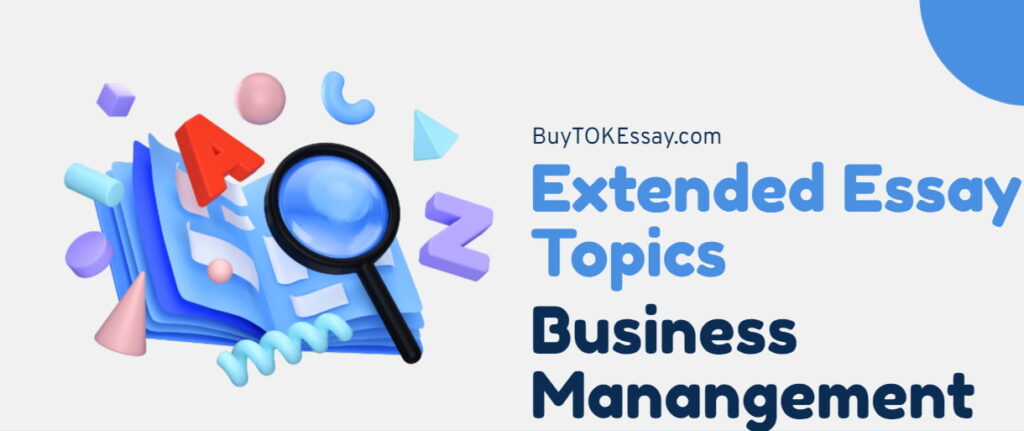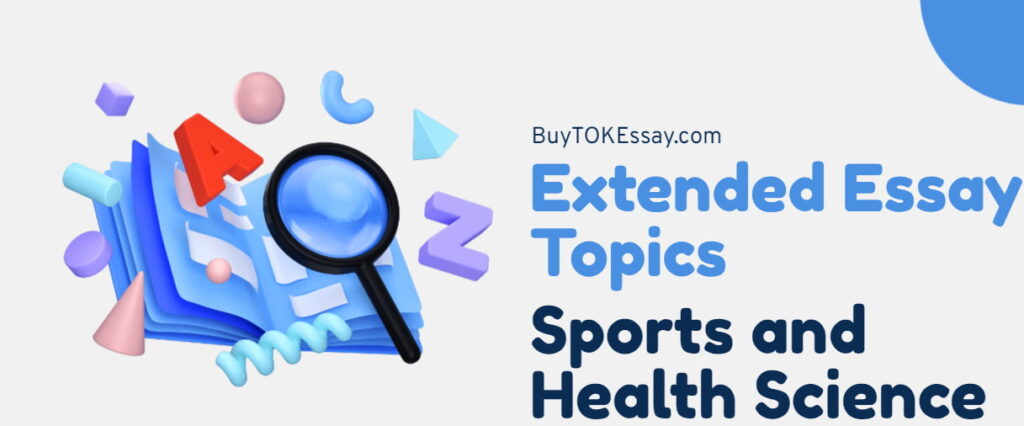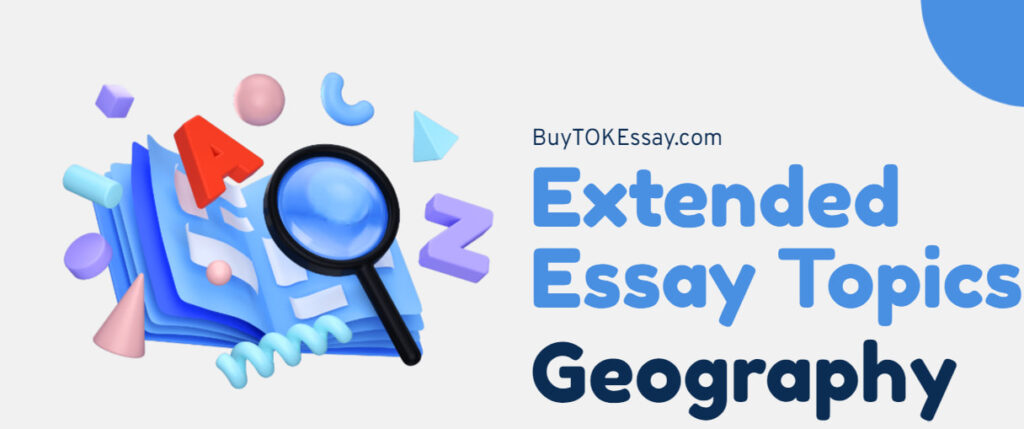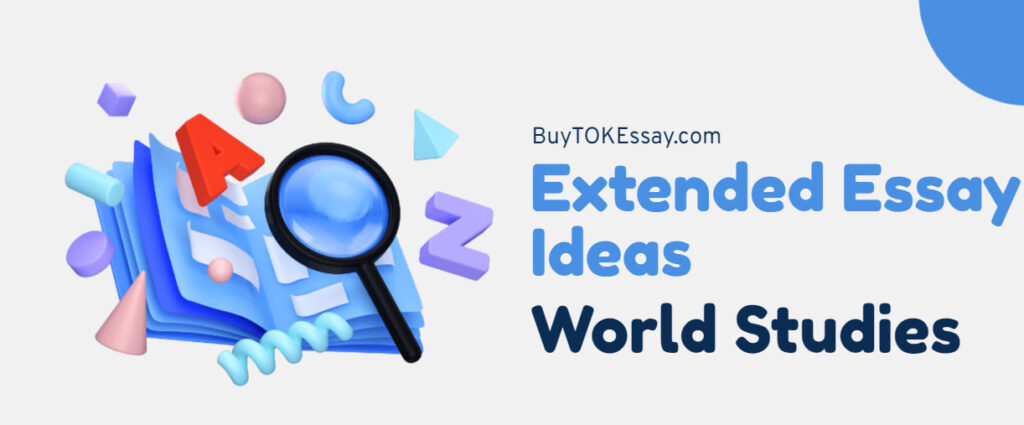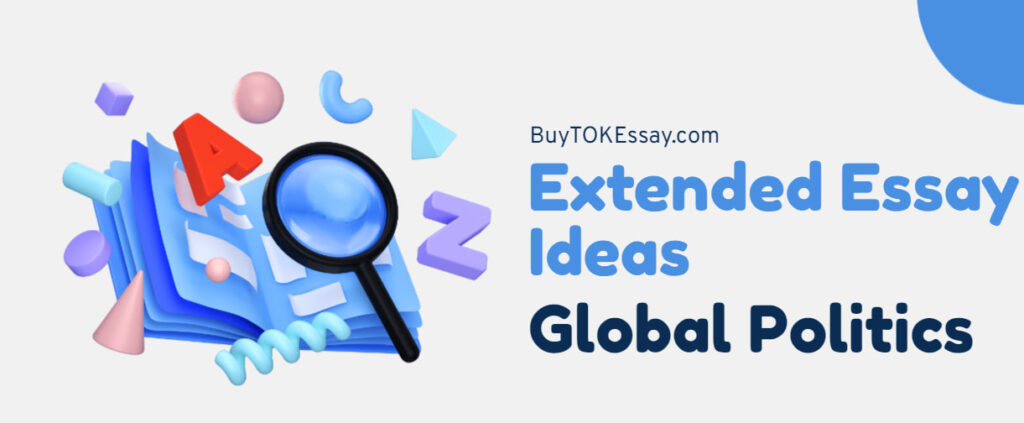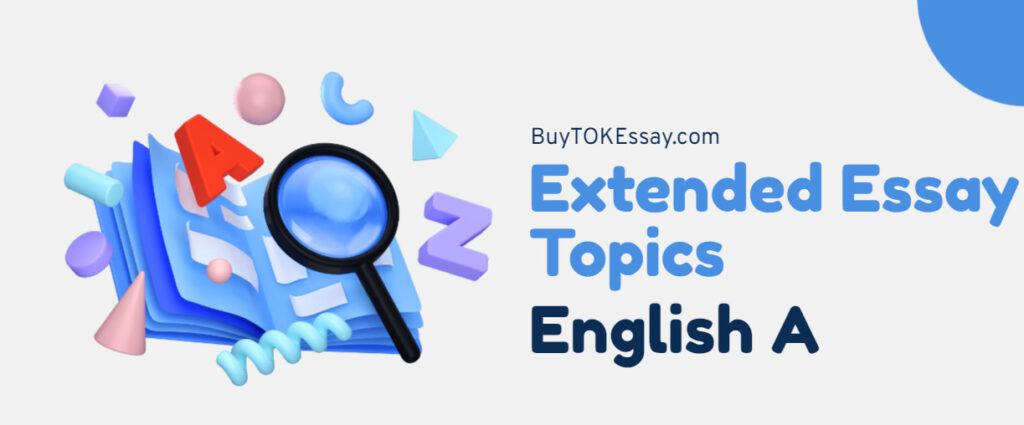Coming up with a research question for your IB extended essay may be overwhelming, but don’t worry! I am here to lead you through the process with ease and a bit of flair. Through my experience as an IB writer and mentor, I have learned valuable lessons that will turn this obstacle into a thrilling opportunity.
What Is an IB Extended Essay Research Question?
What exactly constitutes an IB EE research question? Basically, it is the core of your extended essay, a question that directs all aspects of your research and writing. It’s the question that you, as a student, choose to investigate in depth over the course of your research.
A well-formulated IB research question helps define the scope of your study, focusing your efforts on a specific element of a broader topic. According to general IB criteria, the research question must be clear, concise, and complex enough to allow for a detailed examination and discussion within the word limit of approximately 4,000 words. Here’s a simple list to ensure your research question meets the highest standards:
- Specificity. Your question should be narrow enough to allow for in-depth study and discussion.
- Clarity. Avoid ambiguous language; the question should be straightforward and understandable.
- Relevance. Choose a question that contributes to the existing body of knowledge and aligns with your IB subject area.
From my experience, the best research questions genuinely pique your interest. This personal engagement is crucial as it sustains your motivation throughout the research process. Moreover, a question that intersects with your academic strengths or future aspirations can enhance the depth and quality of your analysis.
Therefore, an extended essay research question is more than just a formality — it is the groundwork for your academic inquiry. Having a well-constructed question is crucial for a productive extended essay, as it sets the direction for investigating your selected subject.
How to Formulate an Extended Essay Research Question?
Formulating a research question for your IB extended essay may seem daunting initially, but it can be remarkably engaging with the right approach. Here, I will provide a detailed plan to assist you in creating a perfect research question using IB criteria and my experience in the field.
Step 1. Choose Your Subject Area
In my opinion, the first step is to decide on the subject area that interests you most. It should be a field you are passionate about, as you will spend significant time investigating this topic. According to general IB criteria, the subject should align with one of the approved IB subjects to ensure you meet the program’s standards.
Step 2. Conduct Preliminary Research
As I know from experience, the early research stage is crucial to familiarize yourself with the existing literature on potential topics. This preliminary phase helps you understand the scope of your subject and identify gaps in the current research that you could investigate. Use this stage to gather a broad information base before narrowing your focus.
Step 3. Narrow Down Your Topic
Once you understand your chosen subject area, the next step is to narrow it down to a specific topic. This step involves refining your broad interest into a more focused area feasible for an in-depth study. From my experience, this step is critical as it prevents the common pitfalls of choosing a topic that is too broad or too narrow.
Step 4. Formulate Your Research Question
This step involves transforming your focused topic into a researchable question. A good research question should be clear, concise, and specific. It should invite analysis rather than a simple description, allowing you to engage deeply with the topic. In my opinion, crafting a question that is both intriguing and manageable within the scope of an extended essay is a delicate balance that requires careful thought and creativity.
Step 5. Evaluate and Refine Your Question
A research question should be sharply focused, specific, and clearly articulated according to general IB criteria. After formulating your question, critically evaluate it to ensure it meets these standards. Ask yourself whether the question is explicitly related to your chosen subject and whether it allows for a systematic investigation according to IB standards. From my experience, refining your question may take several iterations, but this is a normal part of the process.
Step 6. Confirm Alignment with Assessment Criteria
As someone who has spent years grading extended essays, I can tell you that examiners prize clarity and specificity. They want to see that you’ve chosen a viable topic and posed a question that leads to a rigorous analysis. Always align your question with the IB’s assessment criteria for the best results. It includes considerations such as the scope of the question, its relevance to the subject, and its potential to facilitate a detailed analysis.
I also recommend reading our insightful article on which component of the IB curriculum — extended essay or Internal Assessment — requires more focus and preparation.
Step 7. Seek Feedback
Before finalizing your research question, seek feedback from your IB coordinator or a mentor familiar with the extended essay criteria. Their experienced insights can provide valuable perspectives on the clarity and feasibility of your question. From my experience, constructive feedback is invaluable as it can highlight aspects you may have overlooked.

🎓 If you want to buy an IB extended essay, rely on a trustworthy service like BuyTOKEssay.com. Our IB writers will provide you with a high-quality paper written from scratch based on your request. 📖
How to Narrow Down Your IB EE Research Question?
An important step in writing a focused and effective IB extended essay is narrowing down your research question. As an experienced IB writer, I’ve seen many students struggle with broad topics that are difficult to manage. Refining your research question to something more specific makes your research more manageable and impactful.
The process begins once you’ve chosen a general area of interest. The challenge is to hone this broad topic into a sharp, researchable question that invites deep analysis. Here’s a simple, structured approach to narrowing down your research question:
- Identify the Main Themes. Begin by outlining the major themes or issues in your broad topic area.
- Focus on a Specific Aspect. Choose one of these themes that particularly interests you and has ample research opportunities.
- Consider the Available Resources. Ensure that there are sufficient resources available to investigate this aspect in depth.
From my experience, refining your question involves revisiting and revising your initial ideas. This iterative process ensures that the question is academically rigorous and personally engaging. Here’s a checklist to help you refine your question effectively:
- Is the question specific enough to be answered within the word limit?
- Does it allow for analysis and evaluation rather than just description?
- Is the scope manageable for the depth required by the IB EE?
According to general IB criteria, a well-defined research question should guide the research methodology and help structure the essay. So, narrowing down your question will save you from pitfalls later in the research process.
Topics to Read:
- Can Turnitin Detect Essays Bought Online?
- How to Avoid Plagiarism in Your Essay?
- Words to Avoid in an Essay. List With Explanations
- What Is a Claim in an Essay?
- What Is a Word Count for an Extended Essay?

Need Help with Your IB Extended Essay?
Maximize your potential and boost your Extended Essay’s excellence with the help of our experts! Whether starting from scratch or fine-tuning your existing assignment to meet your supervisor’s demands, the BuyTOKEssay.com team is here to make your dream of a perfect paper a reality. Say goodbye to writer’s block and hello to success with just one click.
Typical Mistakes in Formulating IB EE Research Questions
As an experienced IB writer and mentor, I’ve observed numerous students making common mistakes during this phase. These missteps can complicate the research process and weaken the overall impact of the essay.
Choosing a Too Broad or Too Vague Question
One of the most frequent errors I’ve seen is students selecting research questions that are too broad or vague. A broad question such as “What is the impact of climate change?” lacks specificity and is unmanageable within the scope of an EE. Instead, narrowing it to “How has climate change affected coral reef systems in the Caribbean since 2000?” offers a specific, focused area to investigate.
Selecting an Unresearchable Topic
Another common mistake is choosing a problematic or impossible question to research with the resources available to a high school student. For instance, a question like “What are the unknown effects of dark matter?” ventures into areas not yet fully understood even by experts. A better approach would be to focus on a well-documented aspect, such as “How do current dark matter models influence our understanding of the universe’s structure?”
Formulating a Leading or Closed Question
Students often mistakenly ask a question in the essay that leads to a predetermined answer or a simple yes/no outcome. An option like “Is pollution bad for the environment?” is not only leading but also doesn’t invite an in-depth analysis or discussion. A more suitable question would be, “What are the most significant effects of industrial pollution on urban air quality, and how have they changed over the last decade?”
Ignoring the Subject-Specific Criteria
Often, students overlook the specific criteria of their chosen IB subject when formulating their questions. This oversight can lead to a mismatch between the research question and the subject’s focus. For example, a history EE question like “What are the psychological effects of war?” may be better suited for psychology. A subject-appropriate question would be, “How did World War II influence the national identities of participating European countries?”
Choosing a Topic with Limited Data Availability
Selecting a topic with scarce data or sources can severely limit the EE’s depth and breadth of analysis. A question such as “How have the speeches of a little-known local politician influenced public policy?” might be impractical due to insufficient sources. Instead, examining a well-documented figure or event will provide more substantial material for a comprehensive analysis.
Conclusion
Now, you can create a research question for your IB extended essay, so it’s time to start your investigation and test your skills. Remember, a well-defined question is your map through the vast world of academic research. Use this opportunity to push your boundaries and innovate, and let your unique insights shine through in your extended essay. Also, if you need help formulating a research question or writing an extended essay, just turn to our experts at BuyTOKEssay.com. ✍️
